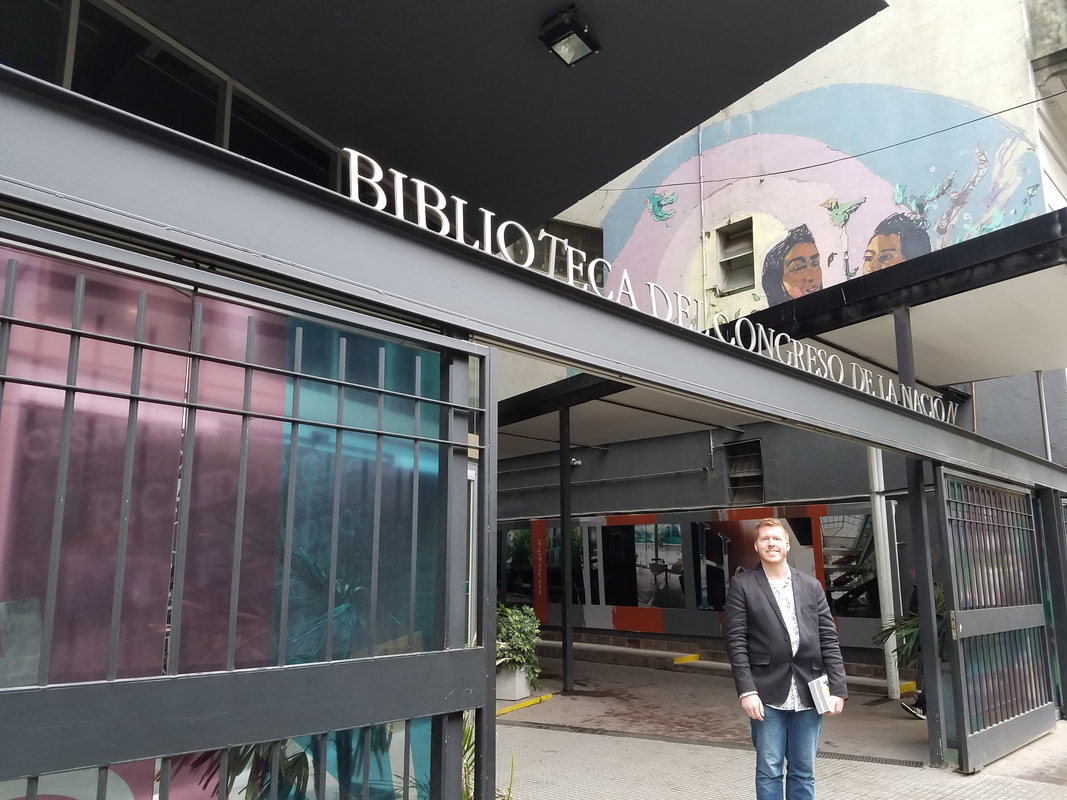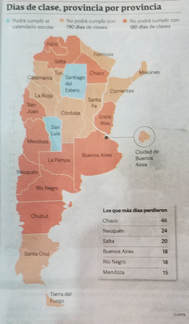|
My research draws heavily upon fieldwork and survey research that I have conducted in Latin America. In 2019, with NSF support, I designed and fielded two original online surveys with embedded experimental manipulations in Argentina and Mexico. I also conducted extensive fieldwork in Argentina for my dissertation between 2017 and 2019. In addition to my fieldwork and survey research, I have actively promoted my research at professional conferences in Latin America. In 2017, I participated in the Sociedad Argentina de Análisis Política's (SAAP) 13th annual Congreso Nacional de Ciencia Política in Buenos Aires. I was also recently invited to present my research on working-class legislators and perceptions of representation at the "Public and Democracy in the Americas" conference, hosted by the Latin American Public Opinion Project and Observatorio de la Democracia at the Universidad de Los Andes in Bogotá, Colombia.
One of my current research interests is to understand how the representation of different groups affects policy outcomes and citizens’ subsequent evaluations of the political system. A policy area that has wide ranging implications for society is education. In early 2017, the education system in Argentina was brought to a complete stop by massive teacher protests taking place across the country. Teachers in the provinces, as well as in the capital city of Buenos Aires protested low wages and poor working conditions, resulting in a standoff as neither the teacher unions nor the government were willing to compromise. This raises an important question: what kind of representation do teachers receive from the political system and who represents education policies? Do policy makers have expertise and experience in the education system required to develop effective education policy? |
|
To lay the foundation for this new research project, I conducted extensive fieldwork in Buenos Aires between 2017 and 2019. During this time I collected three new datasets. First, I catalogued data on legislators’ occupational backgrounds, both at the national and provincial levels, to evaluate if educators and other service-sector workers are well represented in the policy making process. Second, I collected national and provincial data on bill introduction. Together, these data will allow me to assess whether legislators with occupational backgrounds in education are more likely to represent and legislate on education policies. Third, I am conducting archival research to investigate how political elites and mass media outlets cover and frame the public’s discussion of education policy and teacher strikes.
|


